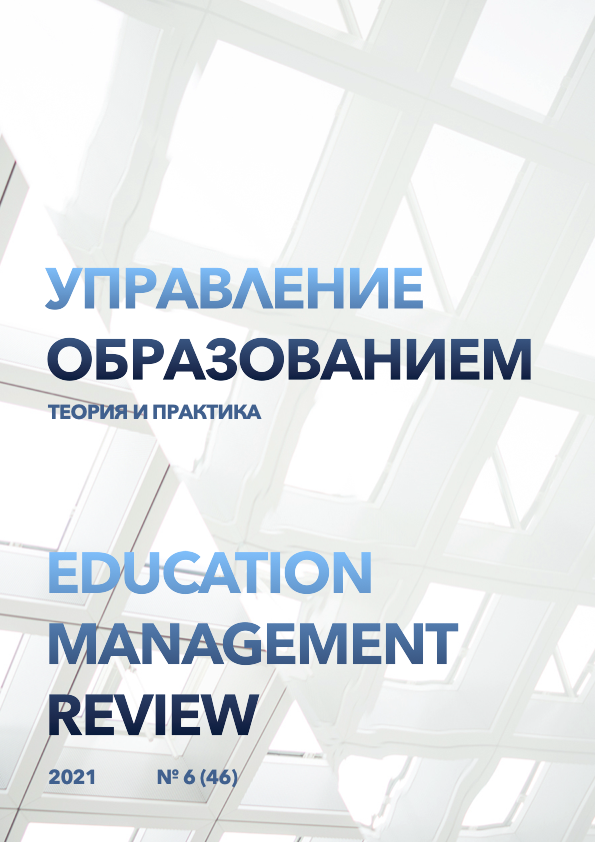Technologization of pedagogical activity on translation of English infinitive constructions into Russian in English classes at the university
DOI:
https://doi.org/10.25726/y4673-3353-0708-lKeywords:
infinitive turnover, speech means, structural features, translationAbstract
The article is devoted to teaching university students the peculiarities of translating infinitive constructions into Russian in the process of learning English. The purpose of the article is to analyze and study the structural features of the translation of English infinitive constructions into Russian. The article considers the types of infinitive phrases in English and methods of teaching them in English classes; a comparative study of infinitive constructions in the context of their translation is carried out. In the process of teaching English at the university, much attention is paid to the holistic perception of a foreign language text, which is mainly due to the students' understanding of the grammatical structure of the sentences of the language being studied. For example, comparing the grammatical structure of English and Russian languages, it should be noted that the languages have significant differences among themselves. It is well known that English is analytical in its structure, Russian is synthetic, although it should be noted that there are a large number of service words in it. This difference between languages causes significant difficulties in translation for students who study English and are not qualified translators.
References
Беляева М.А. Грамматика английского языка. М.: Высшая школа, 1977. 333с.
Иванова И.П., Чахоян Л.П. История английского языка. СПб: Лань, 1999. 512 с.
Карабан В.И. Грамматические трудности. Флоренция – Страсбург – Гранада – Киев: TEMPUS, 1997. 317 с.
Корунец И.В. Теория и практика перевода. Винница: Новая книга, 2001. 448 с.
Рецкер Я.И. Учебное пособие по переводу с английского языка на русский. М: Высшая школа, 1981. 160 с.




